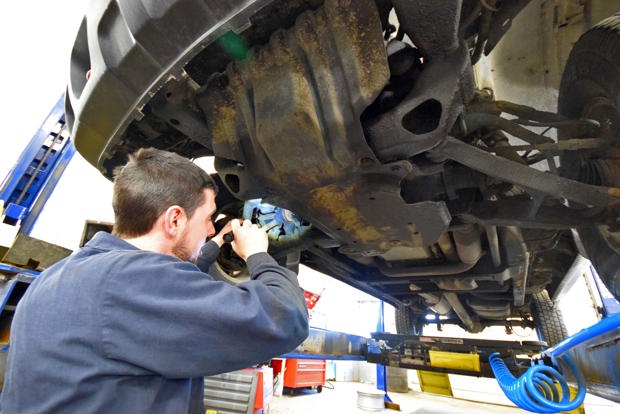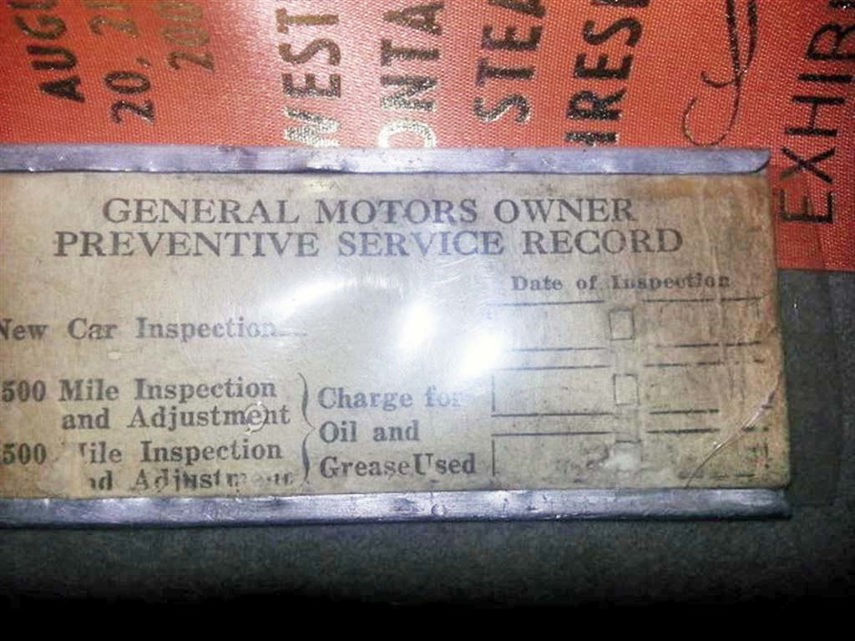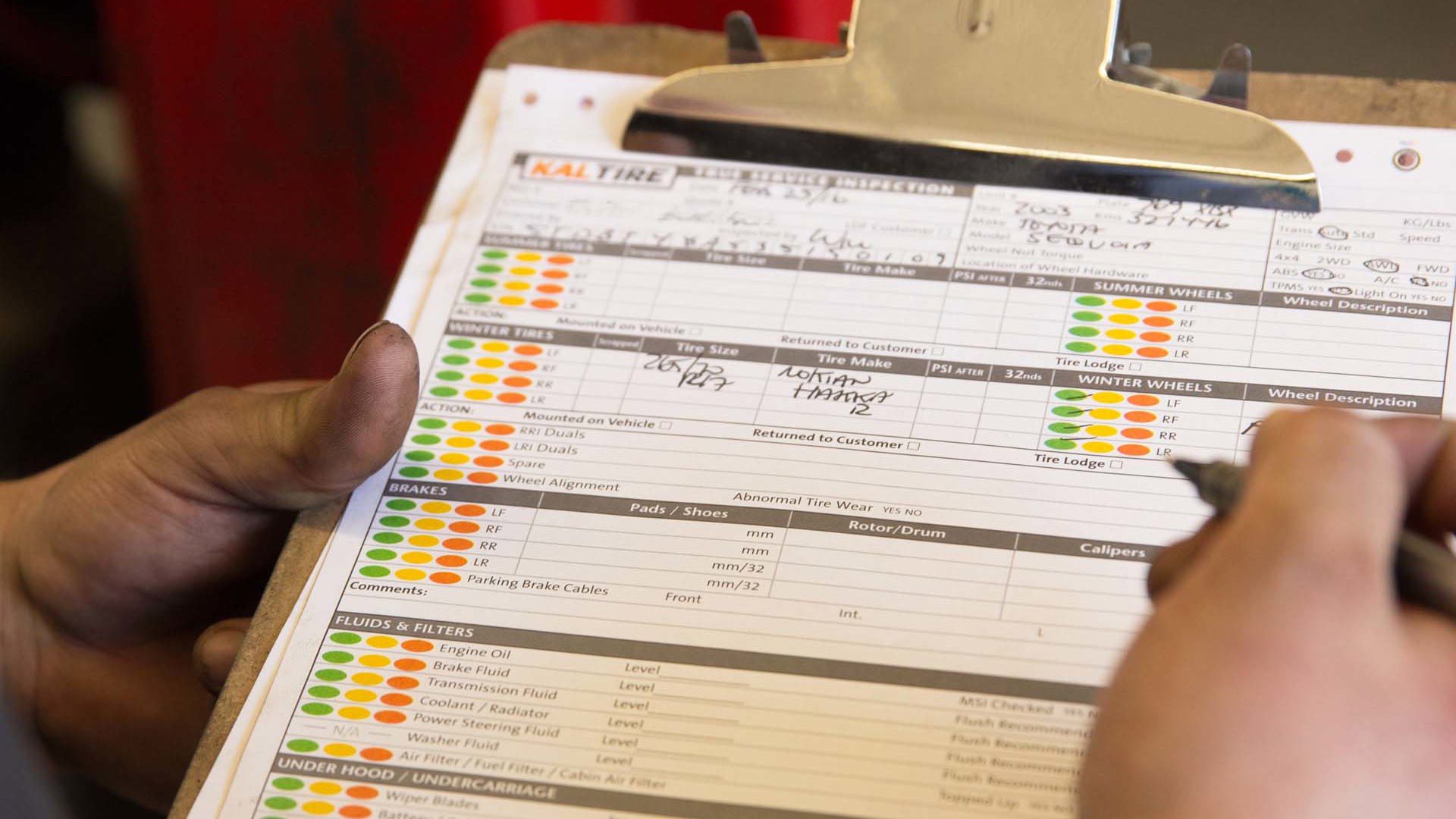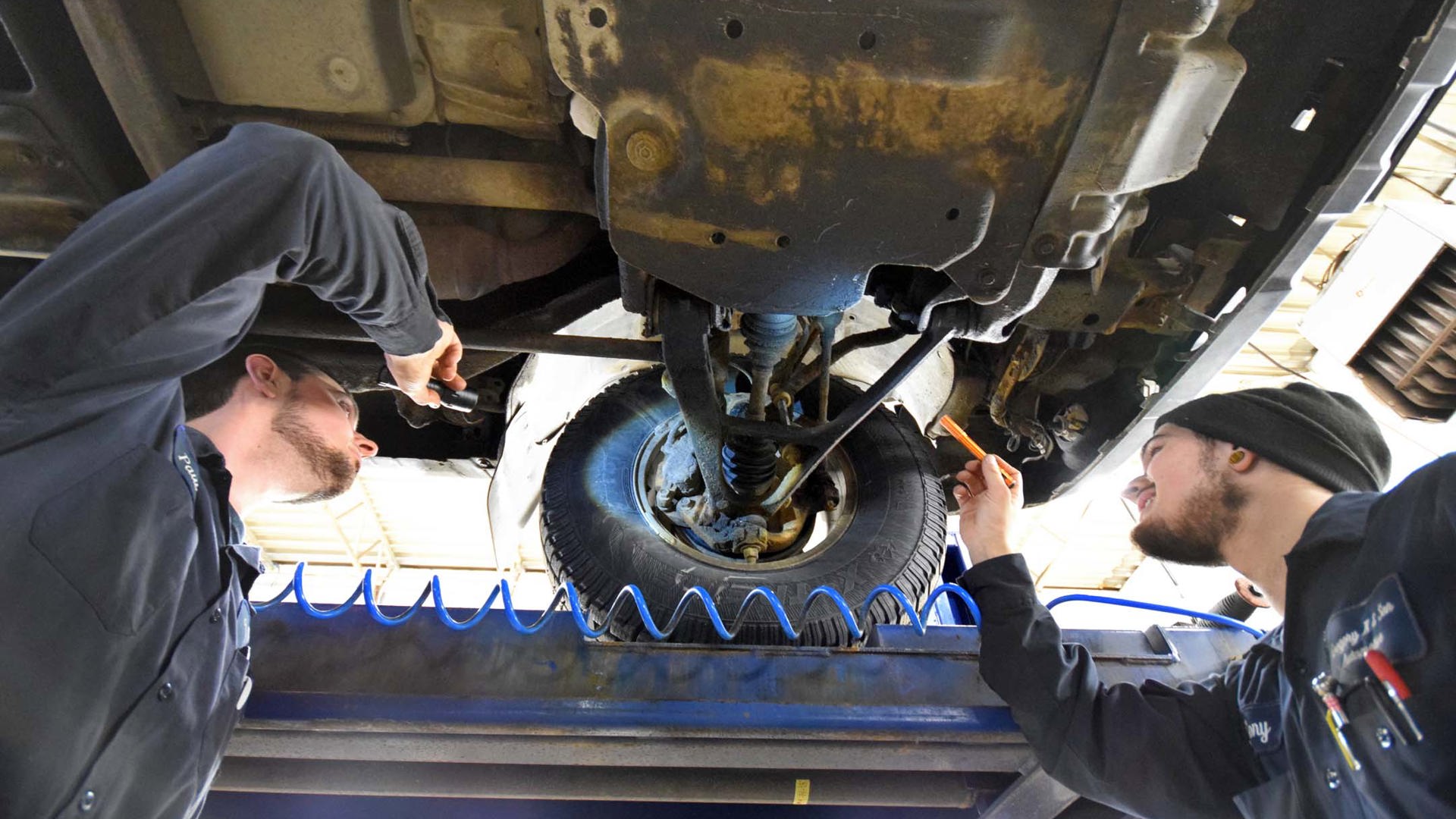Every week, and for years, I’ve been writing used car buyer’s guides for autoTRADER.ca’s Used Car Review section. Over the years, this section has grown to become the single largest online collection of model-specific used car shopping advice on the entire internet.
Used car shoppers often ask me which used car in a given price range or genre is the most reliable. My answer to that question is often controversial, and typically unexpected. That answer is as follows:
There’s no such thing as the most reliable used car.
Make and Model: Just the Start of the Story
Sure – used car shoppers want to know which model, within the ballpark in which they’re shopping, is going to be the most dependable. That is, the car that’s most likely to offer them the most fuss-free ownership experience, require the least amount of their attention and energy to keep on the road, and (especially) which one will require the least amount of their dollars be spent on repairs and upkeep after their purchase.
Spoiler alert: Hood emblems have almost nothing to do with reliability.
“Um, ok, but I’ll be safe with a Civic or a Corolla, right?”
Maybe so, maybe no.
Toyota and Honda are two of numerous brands which have a solid and well-earned reputation for building reliable cars. Still, the brand of vehicle in question has little to do with long-term reliability.
One Honda Civic might be a fine used car that’ll last a decade or more, with little more effort than tune-ups and oil changes. Another identical Civic, with equal mileage, may be a rolling pile of problems – and that’s even if both were built, one after the other, in the same factory, by the same people, on the same day.
Why? It’s all about what happens after the vehicle leaves the factory.
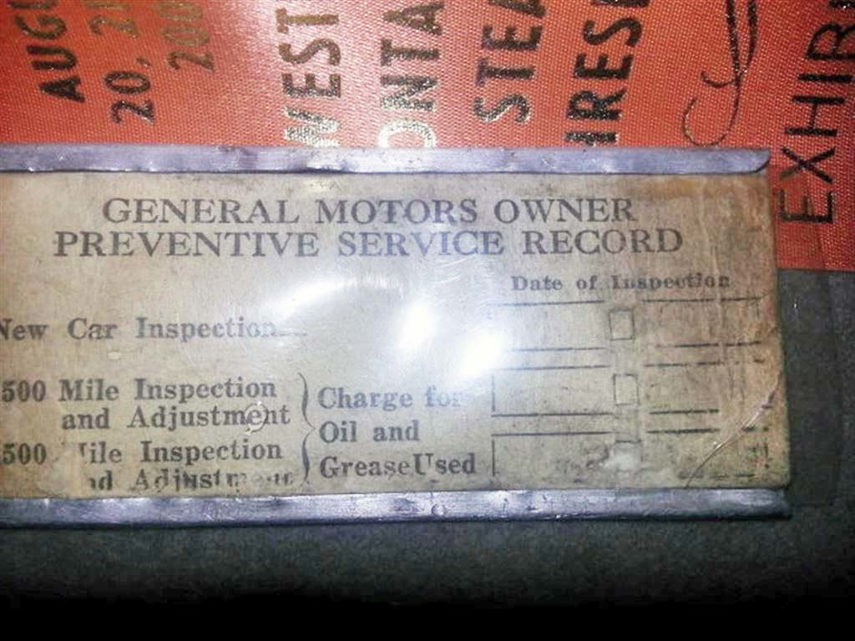
Maintenance and Care: Your Key to Peace of Mind
In the long term, how the vehicle was maintained and serviced by past owners is a much better predictor of trouble-free operation and dependability than the fact that the vehicle is, for example, a Honda Civic.
Let’s look at two Ford F-150 trucks as another example.
Both are identical. Both are eight years old, from model year 2011, and both have exactly 120,000 kilometres on their odometers. Engines, drivelines, and equipment are identical. Both trucks were built in the same factory, on the same day, by the same people, one immediately after the other.
The first of these trucks was owned by someone who precisely followed the truck’s maintenance schedule, as outlined in the owner’s manual, to the letter: Fluid changes were performed regularly and on time. The engine has new spark plugs. All filters are fresh. Further, since this unit was dealer-serviced, all software updates are current, and several fluid leaks, electronic issues, and other minor problems were detected and corrected during regular servicing and inspections.
The second F-150 was owned by a busy family who often stretched oil change intervals, failed to have the vehicle serviced regularly, and largely considered the maintenance schedule to be a loose suggestion, rather than mandatory. This truck is 20,000 kilometres overdue for spark plugs and a transmission fluid change, it has an axle seal leak that never got detected, and is a few sensors and software updates from being totally sound on the electronics front, too.
The point? These are two totally identical trucks, but which would you rather own?
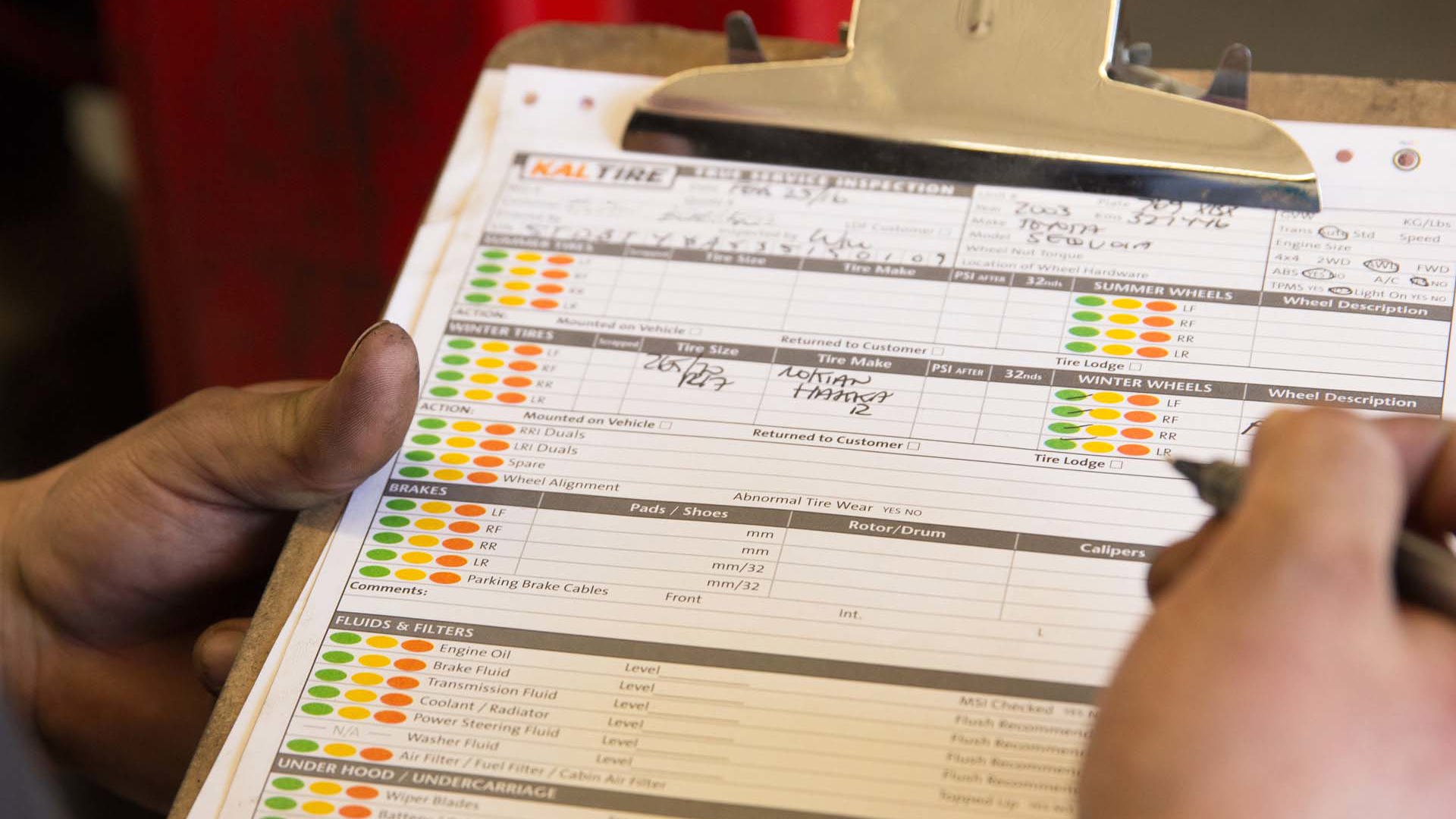
Experts and Expertise: Choose Carefully
The vast majority of online “reliability reports” tell very little of the story, and some are downright BS. Look at our two Ford pickup trucks. Many an online “expert” reliability rating scale would give both of these units the exact same score, since they’re both from the same model year, and have the same mileage on the clock.
I’ve yet to see such a report that advises readers, even in fine print, that reliability is highly dependent on maintenance and care – not year, make, model, and mileage.
Further, some of these reliability rankings and lists dock points if owners report problems caused by their own failure to properly maintain the vehicle. Blown transmission caused by a do-it-yourself fluid change, using the wrong fluid? Minus 10 points. Air conditioner problems caused by that clogged cabin air filter you never changed? That’s another hit to the score.
Other reliability rankings even lower the reliability rating if an owner has to incur regular maintenance costs. I recently read a list of “8 Trucks You Should Never Buy”, and two of these trucks earned an “Avoid” rating because owners reported the need to replace consumable suspension components like bushings and ball-joints over time.
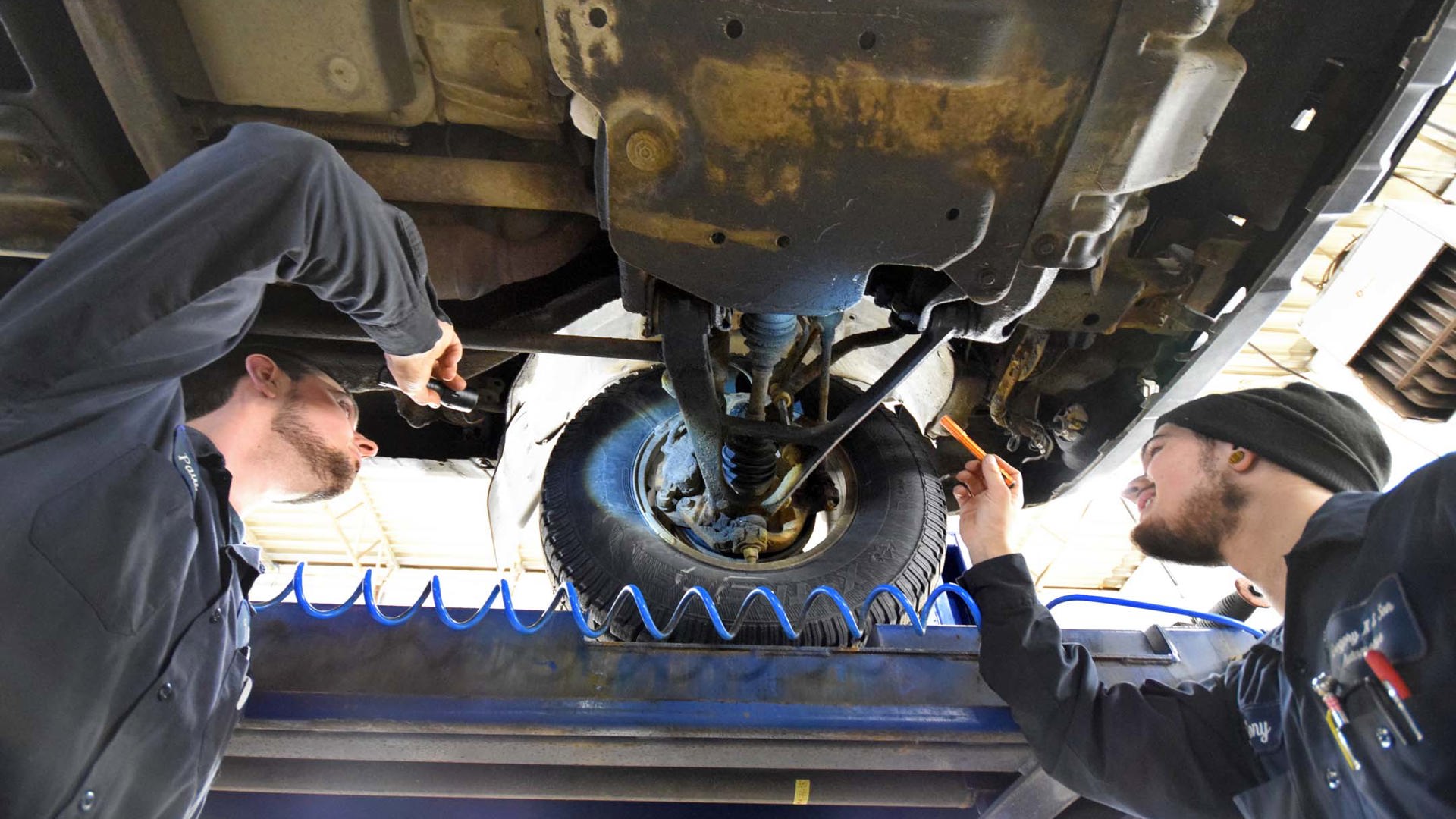
Records and Inspection: Examine the Vehicle, Not the Brand
If you want the most reliable used car you can get, save your time reading countless internet lists, and use that time to arrange a pre-purchase inspection (PPI) of a used vehicle you’re considering, by a technician. You’ll get a detailed report of the vehicle’s condition and possibly save yourself the headache of inheriting someone else’s repair bill.
That’s one of the two best steps you can take towards buying a trouble-free used car.
The second? Obtain service records that prove none of the maintenance and inspection procedures outlined in the maintenance schedule (located in the back of the owner’s manual) have ever been stretched or skipped. I wouldn’t buy a used vehicle, of any sort, without full documentation proving it’s been properly and continually cared for, and neither should you.
In short: If you want a reliable used car, think less about the badge on the hood, and more about the way it was cared for.
